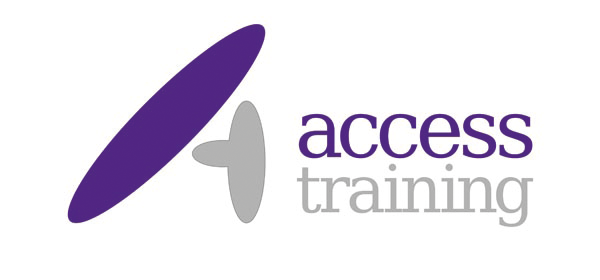The team leader / supervisor programme is ideal for practising and aspiring managers who are looking to develop their knowledge, skills and behaviours and become future leaders.
The training and development journey
15-18 months on-programme training and development to support the Team Leader apprentice to learn the requisite skills, knowledge and behaviours for today’s managers. This will be demonstrated by a portfolio of evidence. The Team Leader apprentice will actively take part in a combination of blended learning activities, including group workshops, 1 to 1 coaching, workplace mentoring and shadowing, and online learning. Contributing to their 20% off-job training allocation. The workshop days included in the programme are:
- Training day 1 – Self Awareness and Management of self
- Training day 2 – Leading People
- Training day 3 – Managing People
- Training day 4 – Building Relationships and Communicating
- Training day 5 – Communication
- Training day 6 – Operational Management
- Training day 7 – Finance and Decision-Making
- Training day 8 – Project Management
Gateway follows the on-programme training and development and is agreed when the apprentice is working at or above the required management standard. Apprentices without level 2 English and Maths will need to achieve this level prior to taking the end-point assessment.
End-Point Assessment is the opportunity for the apprentice to showcase and demonstrate what they have learnt and apply the required knowledge, skills and behaviours via:
- A presentation with questions and answers
- A professional discussion underpinned by a portfolio of evidence
On completion of their apprenticeship, Team Leaders will achieve Foundation Chartered Manager Status and be able to use the fCMgr credentials after their name. This will also provide a springboard to attaining full Chartered Manager status with CMI.





